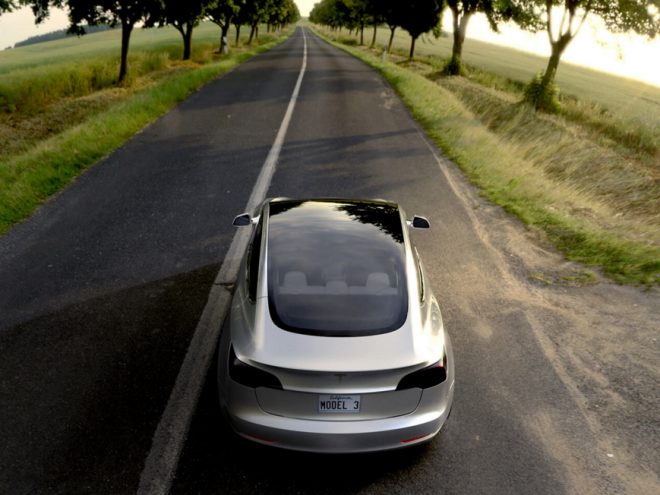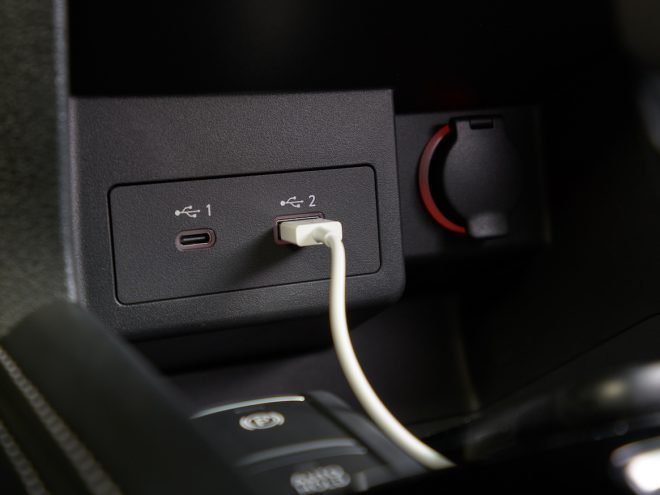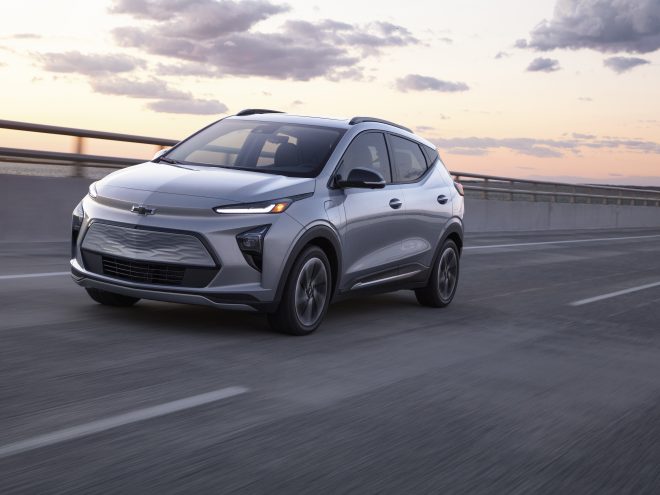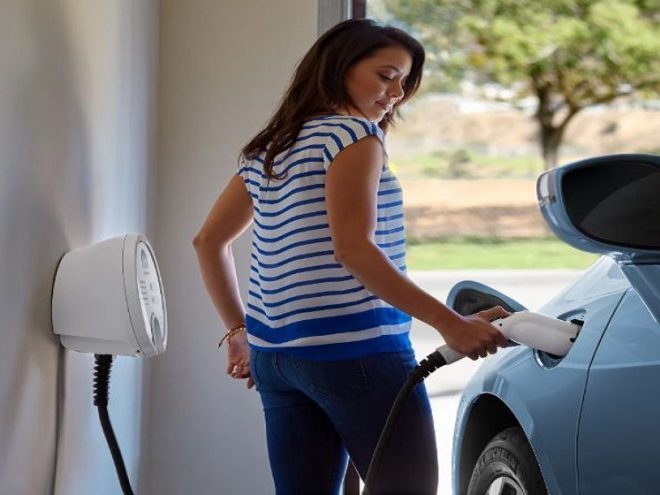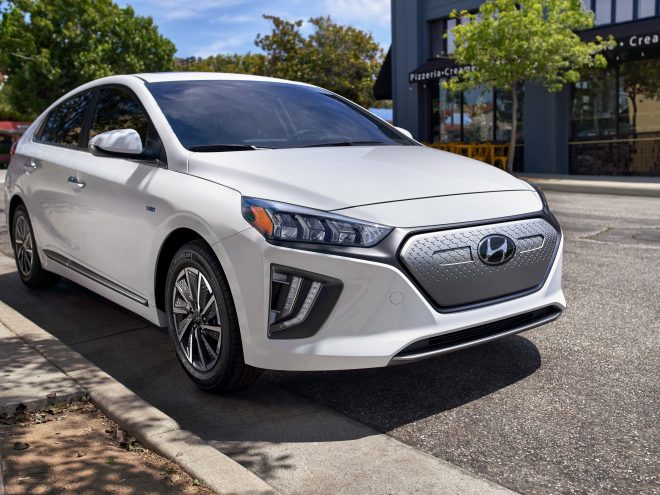
5 Reasons to Community Charger Share
EV charger sharing, also known as community charging or peer-to-peer charging, is a concept that’s been around for many years now.
In short, owners of residential home EV chargers offer their chargepoint to other drivers to refuel their electric vehicles in return for a fixed sum.
Essentially, it’s about EV owners helping each other out, and there’s lots of reasons why this concept could become normal very shortly.
How It Works
A charger sharing session is set up and paid for using an electric car charging app.
Everything is practically automated, apart from driving to the address and hooking up the car.
The app sorts out everything, from finding a nearby host, to reserving an appropriate charging time, to taking payment.
Both the host and driver need to have the app installed.
Charger sharing apps are ideal for people who have no driveway and no ability to charge.
It’s also awesome for those who drive often and go to destinations where the public charging infrastructure is simply insufficient.
If the world is going to change to electric, this is the answer to most stumbling blocks.
Reasons to EV Charger Share
There’s a whole world of reasons to hire out your charger with other EV drivers.
Some are pretty obvious and easy to grasp.
But there’s a few added bonuses that may make you pause for thought:
1. Cash in your pocket
Hiring out your EV charger means making an income.
You choose exactly how much you want to make per hour to cover your energy fees and make a profit.
So you have complete oversight to ensure you cover your electricity bills, even when energy tariffs are seemingly skyrocketing.
And if you’re happy to allow EV drivers to park and charge on your drive unattended, renting your charger involves practically zero effort.
So you make some money without having to do a thing – apart from using the app of course!
2. Put a stop to range anxiety
That nasty cliché “range anxiety” always seems to rear its ugly head when trying to convince petrol or diesel drivers to go electric.
What if my EV breaks down due to a low battery and I can’t charge anywhere nearby?
The fact is, the more places there are to juice up electric vehicles, the more likely drivers will make the switch.
If every landlord in the UK offered their EV charge-point, the shortfall in public availability could be overcome practically overnight.
Just imagine being able to go virtually anywhere, grab a charging appointment at any destination, and literally show up with your charger enabled parking bay ready and waiting for you?
3. Pay off your charger
Having an EV charger installed isn’t cheap.
Many newer EV chargers can cost almost £1000.00 or more.
Add installation costs on top and you could easily be investing more than £1500.00 before you’ve even finished your first ever charge!
By renting out your home EV charger, you can recoup the costs of the charger far quicker.
Sticking to charging just your own cars once or twice a week means it will take much longer to recoup that investment.
4. Prolong battery life
Many EV drivers are oblivious that they shouldn’t use rapid chargers too often when recharging their vehicles.
Rapid chargers operate on DC (instead of AC), at a very high wattage, so your battery is accepting a very large current in a short space of time.
Persistent rapid charging makes the car’s EV battery very hot and over time, it will become useless.
Therefore, repeatedly charging an EV in this manner could impair the battery and reduce its performance.
By utilising destination “top up” charging using shared charge-points (which run on AC), EV batteries will last even longer.
This means our EV’s will surpass their expected lifespan and produce many more years of driving pleasure.
5. Help the community
It’s common knowledge in the EV community that nothing gives us more joy than to help convert others to make the change to electric.
Whilst us early adopters were more than willing to take the leap of faith when electric vehicles first arrived, the late adopters are those who’ll be the hardest to crack.
If sharing our chargers helps them understand that switching to electric is far better than they grasped, the sooner they’ll make the switch.
Potential Pitfalls of Charger Sharing
Whilst the concept of charger sharing does seem very appealing, there are a few issues to keep in mind.
Without doubt the pros outweigh the pitfalls.
But before you decide to press ahead, make sure you’re aware of a few potential hazards.
Equipment Damage
Although this is rarely heard of, potential damage to your EV charger through accidental clumsiness or wear and tear is plausible.
Your charger cables could get cracked, the plug could get broken or the unit could come loose from the wall.
These are all possible, but as mentioned, quite rare.
If damage does happen, there’s the question of who’s accountable?
And does home insurance cover any damages?
An untethered EV charger would help lessen this concern, as EV owners would need to bring along their own cable.
But if your charger’s tethered, you need customers to use it responsibly.
Dealing with Strangers
Whilst most people are decent law abiding citizens, there’s always a few troublemakers.
Sharing your charger means allowing anyone to park on your driveway.
And if you prefer to be in attendance during charging, you’ll have to deal with them directly.
So if you’re uncomfortable with this idea, it’s possible charger sharing is not suited to you.
Summary
Charger sharing is the best win-win situation for all in the world of EV’s.
If you own a charger, you can pay it off quicker and make a solid income from renting it out.
As a driver, having a wider selection of locations to park and charge is all we want.
The fact is, driving and refueling an EV is nothing similar to a petrol or diesel vehicle.
So if the big switch to electric is going to happen, we’re going to need to adjust and realign the way we drive and charge our cars.
